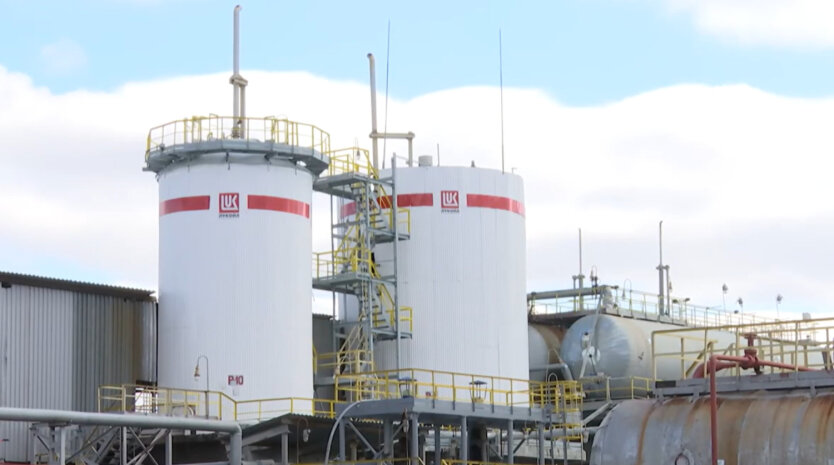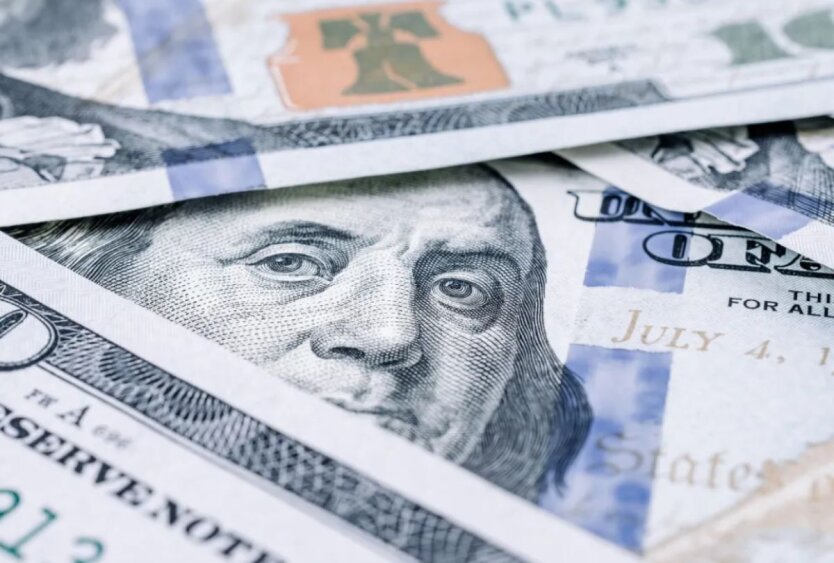Russia loses control over the domestic fuel market amid war and sanctions - intelligence.


Risk of fuel shortage in Russia: emergence and consequences
The Russian government is concerned about the possible fuel shortage in the country's domestic market. This is especially relevant during the nationwide sowing campaign, which is critical for the agricultural sector. The reduction in domestic fuel supplies significantly impacts the profitability of oil refineries, which are a key link in the country's energy chain.
First of all, rising oil transportation tariffs and increased fuel excise taxes have led to a rise in fuel prices. This has made the domestic market less attractive for producers, who are turning their attention to exports or cutting production. In addition, reductions in auxiliary payments and logistical issues, including a shortage of freight cars and problems on the railways, complicate the situation.
'The reduction in fuel supplies is not only an energy problem but also a signal of systemic destabilization of the Russian economy. The industrial sector, farmers, and logistics may face fuel shortages, leading to rising prices and social discontent,' - emphasized the external intelligence.
Several oil refineries have already reduced working hours, and further deepening of the crisis may lead to temporary or even permanent closures of enterprises. The energy crisis in Russia against the backdrop of financial difficulties of the authorities no longer seems so incredible, but becomes a real threat.
Read also
- The Pension Fund of Ukraine explained who and how can now receive social assistance instead of a pension
- Lifecell Subscribers: Monobank Shows How to Top Up Account Without Internet
- Heat of up to +36 degrees is approaching: the meteorologist named the most dangerous hours
- Zelensky Signed Sanctions Against Russian Cryptocurrency Schemes Worth Billions of Dollars
- Catch everyone when attempting to exchange 100 dollars: Ukrainians warned about possible troubles
- 'There is no market': Popenko criticized the plans for a sharp increase in gas and electricity tariffs










